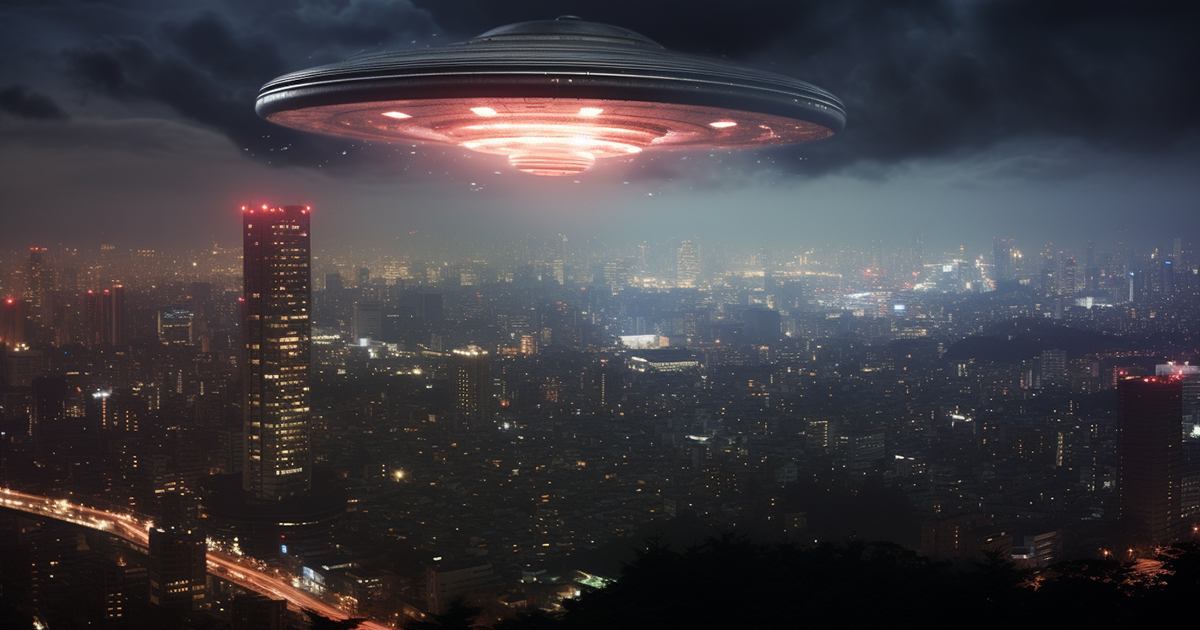In the realm of mysterious phenomena, UFOs (Unidentified Flying Objects) have long been shrouded in secrecy and uncertainty. Different countries have approached these puzzling occurrences in various ways, with Japan traditionally showing disinterest and skepticism towards UFO sightings. Recent progress, however, indicates a surprising change in Japan’s perspective, sparking curiosity and prompting discussions about potential developments in the skies above this traditionally reserved nation.

Venturing into Uncharted Territories in South America:
While the United States initiated the official investigation of UAPs (Unidentified Aerial Phenomena) in 2017, certain South American nations have been trailblazers in UFO exploration for an extended period. For example, Chile established the Committee for the Study of Anomalous Aerial Phenomena as far back as 1997, showcasing a proactive approach to probing UAPs. Notably, the Chilean military’s inquiry into a UFO incident in 2014, which captured nine minutes of perplexing footage, underscored the nation’s dedication to unraveling these mysteries.
The openness of South American countries towards UFOs often stems from their cultural heritage, intertwining with ancient astronaut theories deeply embedded in their traditions. Stories of luminous beings descending from the heavens in pre-Inca and Inca civilizations have contributed to a broader acceptance of UFO events in their cultural folklore.
Japan’s Long-standing Disregard:
In sharp contrast, Japan has consistently dismissed and ignored reports of UFO sightings. As recently as 2018, the Japanese government officially denied the existence of UFOs, revealing a lack of curiosity and reluctance to engage with the topic. This persistent denial persisted despite emerging reports from military aviators and civilians.
For example, former wing commander Mamoru Santo shared that pilots and civilians often recounted UAP sightings, including encounters with cylindrical objects. However, these testimonies were kept confidential, underscoring Japan’s enduring policy of secrecy surrounding UFO encounters.
A Shift in Approach:
In a surprising twist, Japan’s stance on UFOs underwent a significant transformation in September 2020. Defense Minister Taro Kono instructed the Japanese self-defense forces to document visual evidence of any interactions with unexplained aerial vessels. This substantial shift in policy followed discussions between Minister Kono and US Defense Secretary Mark Esper, where UFOs were a focal point.
The decision to openly address UFOs and collaborate on the issue marked a pivotal moment, signifying a new era of transparency and cooperation between allies like the United States and Japan. This change was further underscored by the establishment of the Japanese Space Operation Squadron, indicating a heightened focus on monitoring and investigating aerial incidents in Japanese airspace.
Closing Thoughts:
Japan’s evolving stance on UFOs reflects the global trend in how governments approach this phenomenon. While skepticism reigned in the past, nations are increasingly acknowledging the existence of unexplained aerial phenomena and actively examining them. As we continue to probe the mysteries of the skies, the lingering question is: what revelations might these discoveries eventually illuminate about our world and the vast cosmos beyond?
